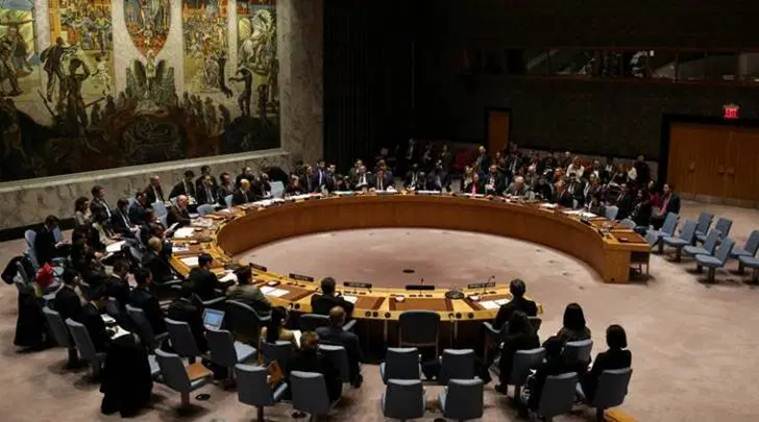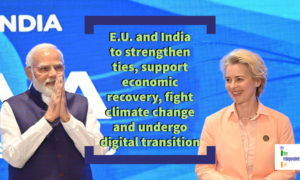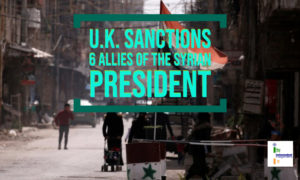
India has been elected as a non-permanent member of the United Nations Security Council
In a major achievement, India has been elected as a non-permanent member of the United Nations Security Council (U.N.), for a 2-year term.
India received an overwhelming 184 votes in the 193-member General Assembly. Of the 192 members present for voting, India required 2/3rd of the majority, i.e., 128. However, India comfortably superseded that majority.
Other nations which also got elected include Ireland, Mexico and Norway. The non-permanent members whose terms are ending this year are Belgium, Dominican Republic, Germany, Indonesia and South Africa.
India’s 2-year term will commence from January 1, 2021. It will sit along the 5-permanent members – people’s Republic of China, France, Russia, United Kingdom (U.K.) and the United States (U.S.) along with the non-permanent members – Estonia, Niger, Saint Vincent and the Grenadines and Tunisia.
Announcing the development, India’s permanent mission to the U.N. tweeted,
Member States elect India to the non-permanent seat of the Security Council for the term 2021-22 with overwhelming support.
— India at UN, NY (@IndiaUNNewYork) June 17, 2020
India gets 184 out of the 192 valid votes polled. pic.twitter.com/Vd43CN41cY
The Prime Minister of India – Narendra Modi also thanked the global community for trusting India and assured them of greater collaboration towards world peace and security.
Taking it to twitter, Modi tweeted,
Deeply grateful for the overwhelming support shown by the global community for India's membership of the @UN Security Council. India will work with all member countries to promote global peace, security, resilience and equity.
— Narendra Modi (@narendramodi) June 18, 2020
During the voting, India was a candidate for a non-permanent seat from the Asia-Pacific category for the 2021-22 term. It was the only candidate vying for the lone seat from the grouping. India’s candidature was unanimously endorsed by the 55-member Asia-Pacific grouping, including China and Pakistan in June 2019.
Speaking on the occasion, India’s Permanent Representative to the U.N. Ambassador – T.S. Tirumurti said, “India’s journey with the United Nations is quite a remarkable one. As a founding member of the United Nations, India’s contribution to implementing the goals of the United Nations Charter and to the evolution of UN specialised agencies and programmes has been substantial. In many ways, quite extraordinary.”
The UN General Assembly was majorly conducted to elect the President of the 75th session of the Assembly. Turkish diplomat and politician – Volkan Bozkir has been elected as the new President of the UN General Assembly. He has served as the Minister of European Union Affairs from November 2015 to May 2016. He was the endorsed candidate from among the Western European and other States.
Unlike previous years, when the sprawling General Assembly hall would be packed with U.N. envoys, diplomats and staff during the ballot, this year saw a very restricted presence due to Coronavirus (COVID-19) outbreak. The U.N. diplomats, staff and other personnel were seen wearing masks during the poll and were quick to leave after casting their ballots.
For ensuring proper social distancing, the Member States were allotted different time slots to cast their votes. Eight time slots were allocated for the polls. The proceedings were overseen by the President of the U.N. General Assembly – Tijjani Muhammad-Bande, a Nigerian diplomat.
Apart from 5 permanent members, UNSC has 10 non-permanent members. The 10 non-permanent seats are distributed on a regional basis with 5 for African and Asian States, 1 for Eastern European States, 2 for the Latin American and Caribbean States and 2 for Western European and other States.
It is to be noted India has been a non-permanent member of UNSC 7 times in 1950-1951, 1967-1968, 1972-1973, 1977-1978, 1984-1985, 1991-1992 and 2011-2012.







